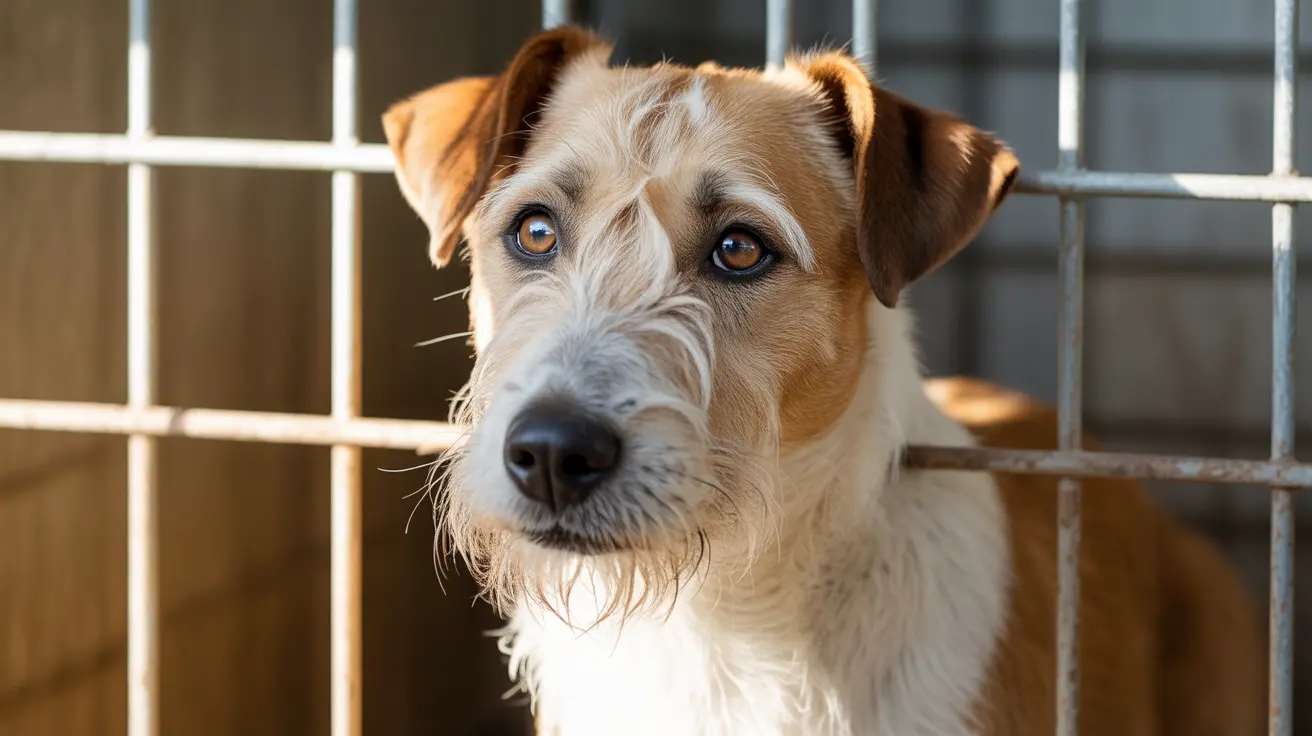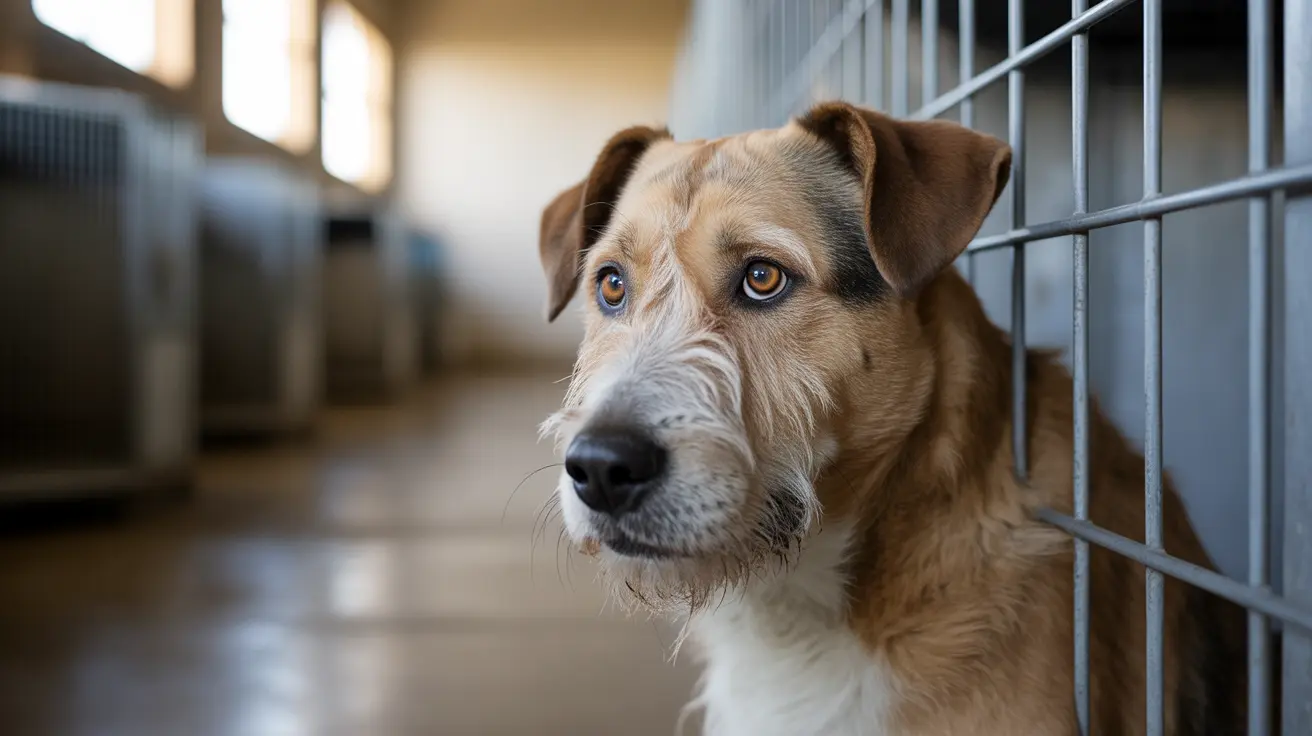How to Get Dog Food with No Money: Emergency Solutions for Pet Owners
Caring for a pet during financial hardship can be challenging, but it's important to ensure your dog's health even when you lack resources. Dogs require proper nutrition, and if you run out of commercial dog food and funds are tight, you still have options.
Emergency Preparedness
To avoid future shortages, it’s wise to prepare a pet emergency kit. This should include:
- At least a two-week supply of your dog’s usual food
- Stored in airtight, pest-free containers
- Bottled water, about 1 ounce per pound of dog weight per day for three days
- A manual can opener for canned dog food
- Copies of medical records and necessary medications
- Your dog’s ID tags and comfort items like toys or blankets
Safe Human Food Alternatives
If you have no money and no access to dog food, you can prepare inexpensive meals using safe, common ingredients found in many kitchens. Here are
vet-approved, temporary replacements:
- Cooked lean meats: chicken, turkey, beef, or lamb (unseasoned, no skin or bones)
- Cooked eggs: boiled or scrambled, without dairy or seasoning
- Grains: cooked plain rice (white or brown), plain oatmeal, or cooked sweet/white potatoes
- Vegetables: cooked carrots, green beans, peas, broccoli, spinach, or pumpkin (no added salt or seasonings)
- Fruits: bananas, apple slices (no seeds or core), blueberries, or strawberries
- Plain peanut butter: in very small amounts; ensure it's free from xylitol and additives
Human Foods to Avoid Completely
Some foods are
dangerous and even toxic to dogs. Never feed your pet:
- Grapes, raisins, or currants
- Chocolate, alcohol, or anything with caffeine
- Onions, garlic, leeks, or chives
- Macadamia nuts and certain other tree nuts
- Cooked bones (they can shatter and injure your pet)
- Raw or green potatoes
- Excessively salty, seasoned, or fatty foods
- Dough or anything with xylitol, even in small quantities
How to Prepare a Quick Emergency Dog Meal
You can make a healthy, simple meal with basic ingredients:
- Combine 1 part plain cooked lean meat with 2 parts cooked plain grain.
- Add a portion of cooked or steamed vegetables suited to dogs.
- Incorporate small bits of fruits as treats.
Example meal for a 20-pound dog:
- 1/4 pound boiled, boneless, skinless chicken
- 1 cup cooked white rice
- 1 cup steamed peas and carrots (finely chopped)
Transition with Care
Once you gain access to your regular dog food again,
transition slowly. Sudden dietary changes can cause gastrointestinal upset such as vomiting or diarrhea. Gradually mix in their usual food with the homemade mix over several days.
Emergency Dog Food Products
If you plan ahead or acquire free samples/donations, consider these emergency options:
- SOS Food Lab K9er Pet Food Rations: long shelf life, nutritionally balanced
- Mayday Emergency Dog Food Rations: lasts up to 5 years, meets AAFCO standards
- Ready America Pet Food: designed for both dogs and cats, good for travel and disaster kits
Other Helpful Tips
- Join local community groups where pet food donations are shared.
- Visit food banks or animal shelters that might offer pet food assistance.
- Create a buddy system with friends or neighbors to care or share supplies in emergencies.
- Keep your pet’s ID and medical records up to date for safety.
Watch for Symptoms of Food Issues
Introducing any unfamiliar food can affect your dog’s system. Monitor for these signs:
- Vomiting
- Diarrhea
- Lethargy
- Abdominal pain or bloating
If symptoms occur, stop the new food and consult a veterinarian.
Final Advice
In times of need, it’s possible to safely feed your dog with household staples. Keep meals
bland, simple, and unseasoned, and introduce any new items gradually. Always avoid toxins and consult a vet whenever possible if your dog is sick. Don’t panic—responsible, informed action goes a long way.





